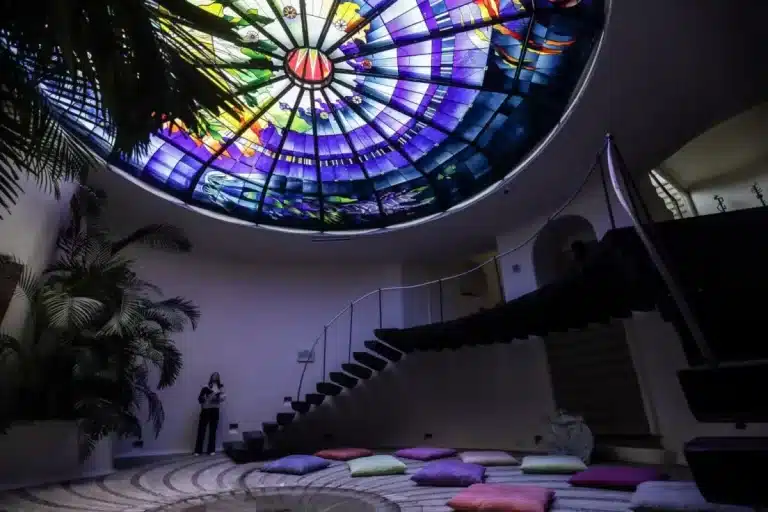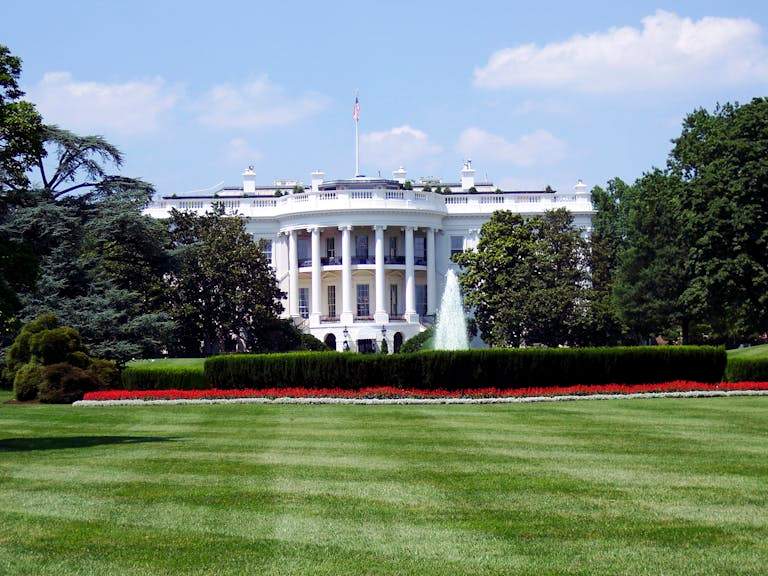Philips MyCreation luminaires make a statement by illustrating how technology and sustainability can be a potent and advantageous combination that has the potential to play a key part in tackling environmental concerns in a variety of ways. This helps to promote a circular society.
The brand’s printing-on-demand strategy uses 3D printing to solve sustainable problems and avoids the production of surplus stock, meaning that if a product hasn’t been manufactured, it won’t add to pollution. In a similar vein, this industrial technique not only reduces waste but also recycles discarded materials—like fishing nets and water jugs—to make new goods.
The company wants to print whole new items using the material left over from its own End-of-Life luminaires.
Given that Philips MyCreation is a brand under Signify, the world leader in lighting. This unique approach to embracing circular production is very appropriate. Known for its “Brighter Lives, Better World” philosophy, Signify has only used 100% renewable electricity and has been carbon neutral in its operations since 2020.
Beyond these operational successes, the company sets itself apart with a production and design philosophy that is all-encompassing.
Sustainability is a guiding principle as well as a value for Philips MyCreation. The company has embraced a circular economy and is changing the material flows from virgin to recycled and bio-circular, finite to renewable, and linear to closed-loop. The entire supply chain supports production that is socially, ecologically, and economically sustainable according to its ISCC Plus certification.
The brand can supply the requested environmental data that is typically needed for the many hundreds of environmental or green labels and certificates by conducting a Life Cycle Assessment (LCA) for each product series and producing an Environmental Product Declaration (EPD) to communicate the results.
A few North American items were awarded the esteemed Declare certification by the International Living Future Institute, among other certifications. This label highlights the company’s dedication to producing goods made of sustainable resources.
The nine essential components needed to make the brand’s 3D-printed luminaires fully circular are what propel sustainability. These include the use of bio-circular and recycled materials, an emphasis on simple disassembly, an on-demand production process, and a design strategy that uses fewer components for increased flexibility.
The brand is actively working to close the recycling loop by partnering with groups to collect and recycle its own End-of-Life luminaires and by launching pilot programs to demonstrate the recyclability of luminaires. Similarly, dependability, durability, and energy efficiency are given top priority in Philips MyCreation. Therefore, the company’s luminaires support Signify’s “Lighting for Circularity” philosophy and are a part of the GreenSwitch program.
Furthermore, DesignWanted will carry on sharing its vision of a sustainable future through a series of upcoming articles. As Philips MyCreation continues to lead the way with its 3D-printed luminaires and its dedication to cutting waste. Therefore, lowering carbon emissions, and creating products designed for circularity.
Finally, find out more on ArchUp:









